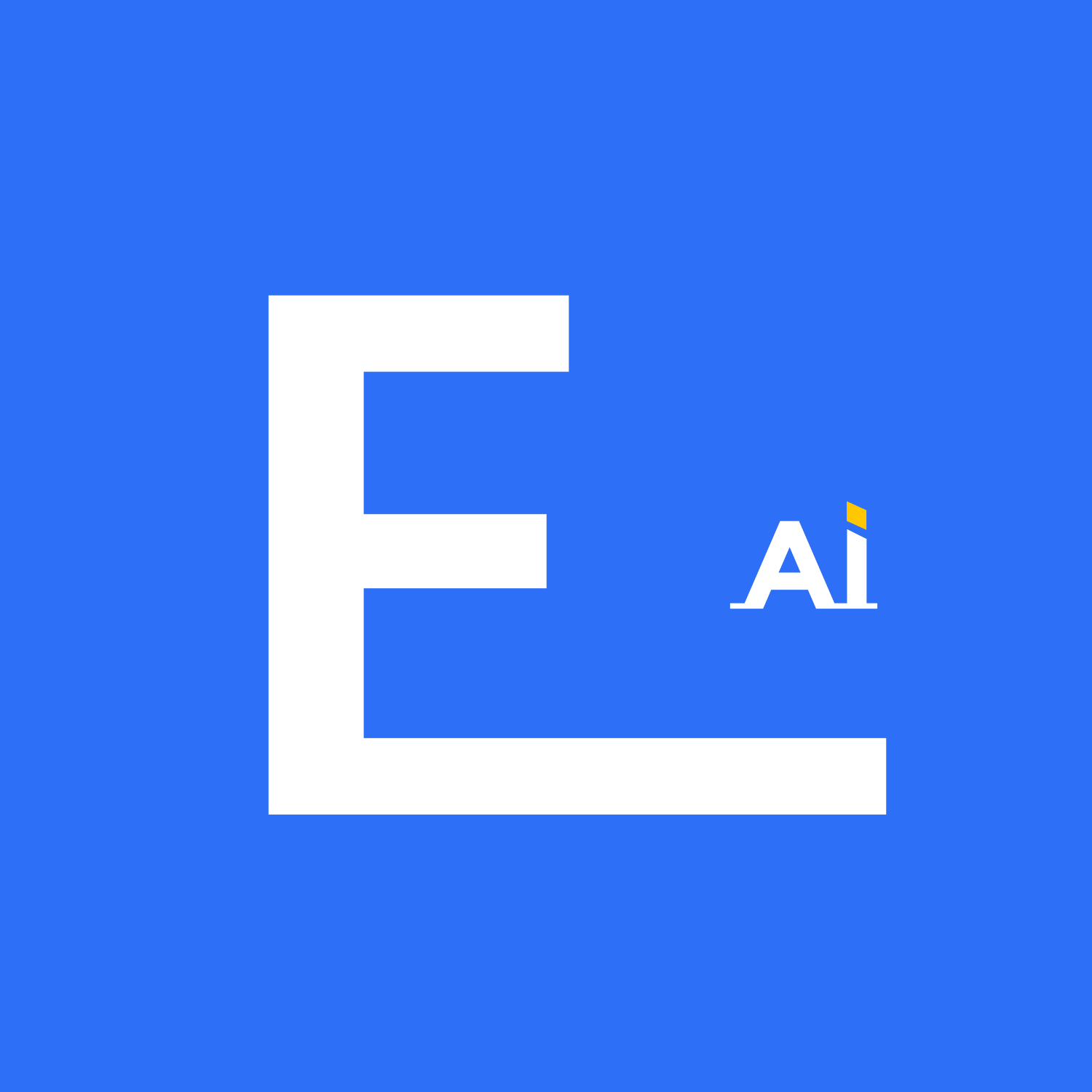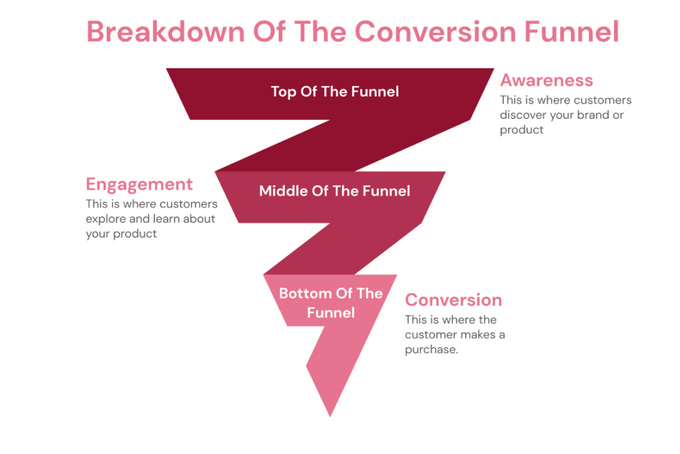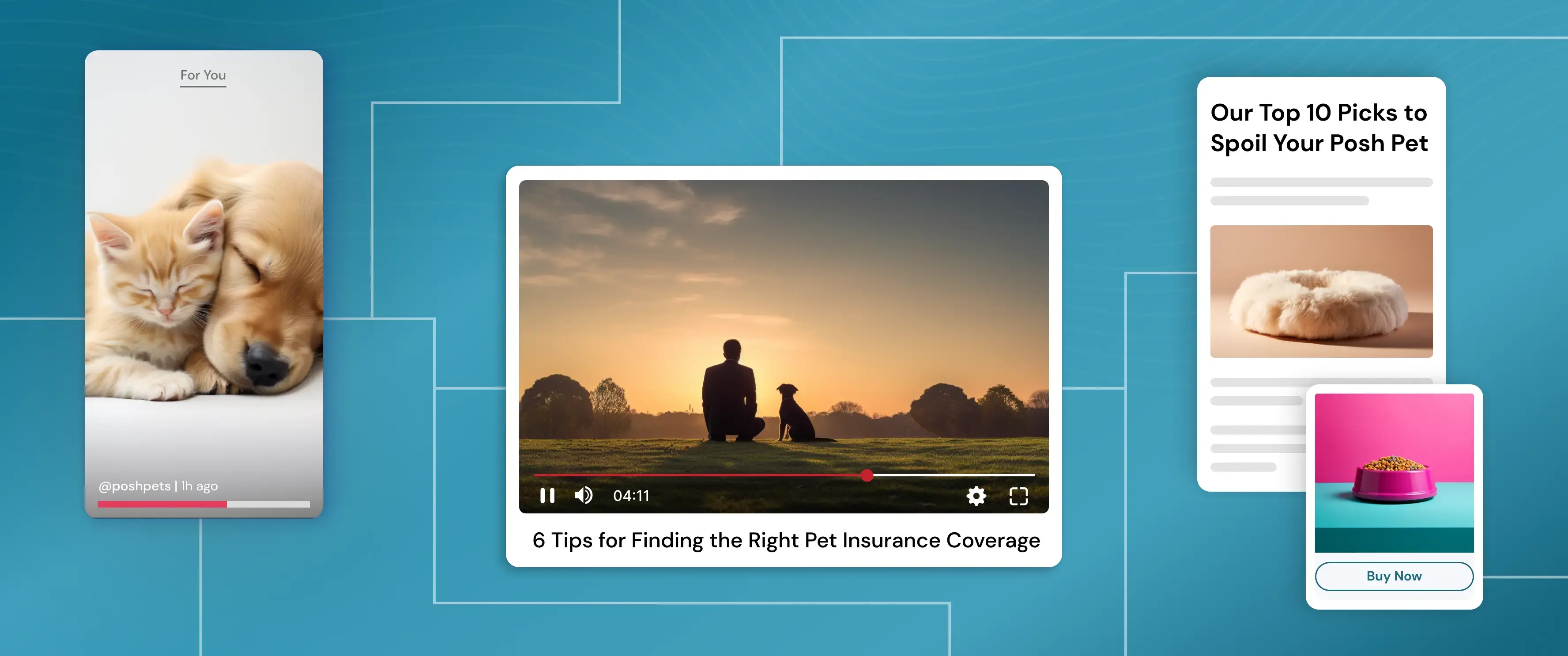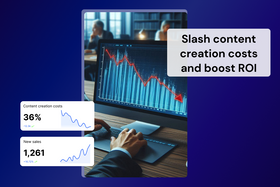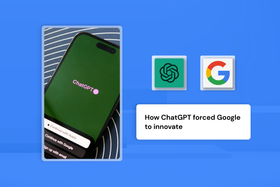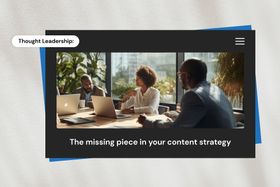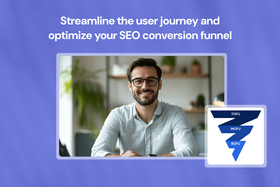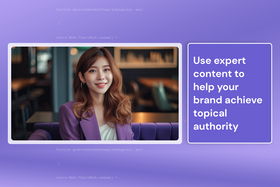SEO vs. paid search: What's the best strategy for your conversion funnel?
SEO and paid search both aim for conversions, but which one delivers at each stage of the funnel?
Updated June 28, 2024
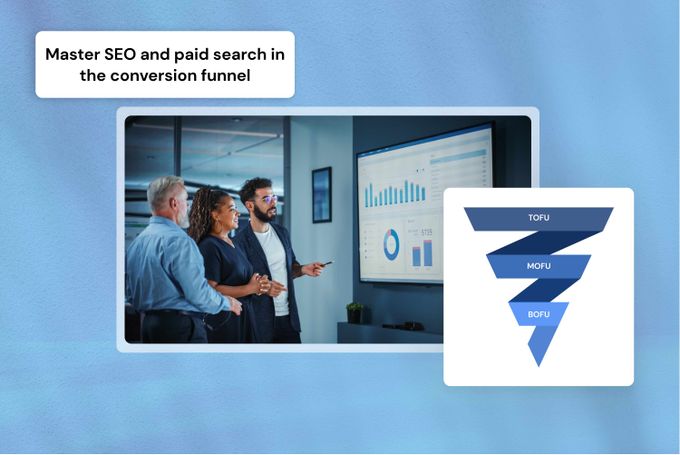
AI Summary
Key takeaways
- Mastering the conversion funnel is key to aligning with your product, driving traffic, and revealing new target audiences.
- Paid search focuses on immediate ROI at the bottom of the funnel, while SEO targets diverse audiences with long-term, evergreen benefits.
- Established businesses should leverage both strategies, while startups might initially focus more on paid search.
- A blend of SEO and paid search is typically more beneficial for most businesses.
Conversion funnels are roadmaps—for both you and your clients. Consider that 96% of users aren’t ready to buy when they first discover your brand. However, leading them down the right path, they can convert. Below, we explore the distinctive roles of SEO and paid search in conversion funnels to help you get the most out of your conversion efforts.
What is the conversion funnel?
The conversion funnel can be understood from three perspectives:
- Technical
- Customer decision-making process
- Content
From a technical standpoint, a conversion funnel guides online users from an impression to a conversion, starting with an ad view or engagement. The conversion is the ultimate goal, whether it's a sale or another desired action.
As you move up the funnel, you’re farther away from the actual conversion. At the top, users are aware of your brand or product and the problem it solves. In the middle, users interact with your brand. Finally, they convert at the bottom of the funnel.
Top-of-the-funnel content focuses on the problem or target audience, connecting to the product or value proposition. The goal is to guide users through their decision-making process from the top of the funnel to the conversion.
From a content perspective, bottom-of-the-funnel content should be closely aligned with the sale you’re trying to make—for example, a product page where users can add items to their cart. This is supported by middle-of-the-funnel content that provides more information leading to the product page.
» Learn how to create content for each stage of the SEO conversion funnel.
Why you should master the conversion funnel
Mastering the conversion funnel is vital for generating conversions, driving more traffic, and aligning with your product or value proposition. Getting a good handle on the conversion funnel also gives you a better understanding of what you're selling and the best approach to selling it.
Conquering the bottom of the funnel is especially important for any business because it forms the foundation for generating revenue. While the funnel's top and middle help guide users to the bottom, they also act as a learning curve. You can:
- Gain insights
- Discover additional value propositions
- Identify new target audiences
The pros and cons of SEO and paid search
SEO and paid search both have their advantages and disadvantages when it comes to digital marketing strategies. Let's take a closer look at each.
SEO
SEO, on the other hand, takes a more long-term, cost-effective approach focused on creating evergreen content that continues to drive organic traffic over time. It also allows for a more budget-friendly long-term strategy that targets different audiences looking at different stages of the SEO funnel. However, SEO doesn't provide the control and quick returns that paid search does.
Pros
- Long-term strategy
- Targets different audiences
- Evergreen content
- Cost-effective
Cons
- Lacks control
- No immediate results
» Discover how Entail solves SEO—from keyword research to A/B testing.
Paid search
Paid search typically targets bottom-of-the-funnel content because businesses expect an immediate return on investment (ROI). It focuses on driving users straight to the product page or closely related content. Businesses usually don't pay for traffic to top- or middle-of-the-funnel content since conversion rates are lower, but only focusing on the bottom of the funnel may cause businesses to miss potential customers at different stages of the decision-making process and overlook valuable insights.
Pros
- Immediate results
- Targets specific users
- Better control
Cons
- Continuous investment
» Explore whether brand marketing is still relevant today.
Using paid search and SEO in the conversion funnel
While both have advantages and disadvantages, SEO and paid search working together can help you balance long-term growth with short-term returns.
However, using both SEO and paid search depends on factors like the:
- Nature of your business
- Your product
- Your product's life cycle
Businesses with solid conversion funnels should use both strategies, as they serve different purposes. Paid search is beneficial for time-bound campaigns and testing new approaches. SEO is best for creating evergreen content and establishing topical authority.
Startups or early-stage companies might find it more beneficial to focus on paid search at first to find their target audience and decide which approach works best.
Is it enough to use only SEO?
Theoretically, a business could rely only on SEO if it has a solid funnel, strong brand recognition, and doesn't require paid traffic or advertising. However, this approach is uncommon, and most businesses use both approaches.
» Learn more about Google's move down the sales funnel.
A combined approach is the best approach
By understanding the different roles of SEO and paid search in the conversion funnel, you can use these strategies to drive targeted traffic, engage users at various stages of the funnel, and maximize conversions.
We recommend combining both approaches to create a powerful synergy. This can ensure your brand is visible, your content is relevant, and your conversions are optimized.
